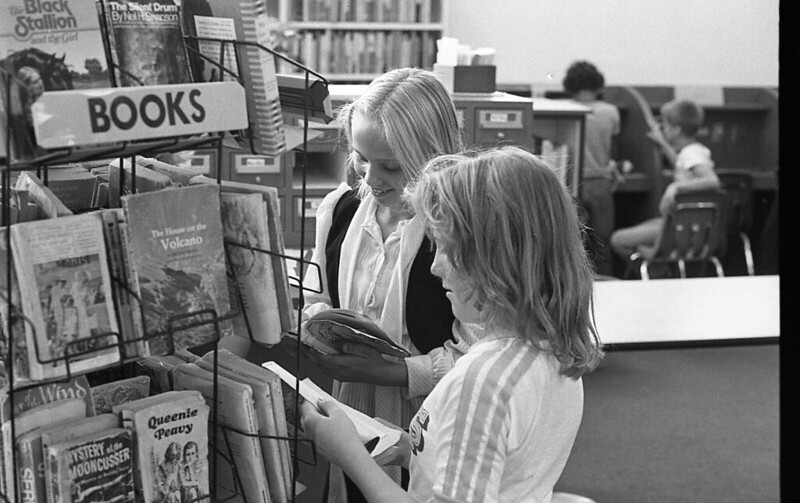Books are one of the most common topics for language learners. Teachers love to ask students to talk or write about books. When learning a new language through immersion is not an option, books become one of the main sources of new vocabulary, so language learners often ask what to read, suggest books to each other, and just love to read, because learning a new language and loving to read usually go hand in hand.
I remember how helpless I felt in high school when I tried to talk about The Catcher in the Rye by J.D. Salinger. I had read the book in English and enjoyed it very much, it spoke to me. It was right for my level, but I lacked the vocabulary to talk about books in a more or less sophisticated way. Of course, I knew how to speak like a literary critic in my native language, but I had never needed that vocabulary in English. Words like “character,” “plot,” “protagonist” — I learned them later, motivated directly by the embarrassing moment of not being able to share my thoughts in a proper language.
I would like to save you the embarrassment and help you memorize the vocabulary that you will certainly need if you want to talk about books in Russian.
Each book has a number of characters, and in Russian the word for “character” is персонаж. Персонаж can be главный, main, or второстепенный, supporting.
Мой любимый персонаж в “Гарри Поттере” – это Минерва Макгонагалл
My favorite character in Harry Potter is Minerva McGonagall.
The main character or protagonist in Russian is герой. You probably recognized the word hero in it, but the main character doesn’t need to be heroic. Usually the word герой comes with the adjective главный, which seems a bit redundant.
Князь Мышкин – это главный герой романа Достоевского “Идиот”.
Prince Myshkin is the main character in Dostoevsky’s novel The Idiot.
There is a special word for a female main character – героиня.
Толстой показывает, как меняется характер героини романа на протяжении нескольких лет.
Tolstoy shows how the character of the novel’s heroine changes over the course of several years.
The word ‘character’ in the example above also means ‘personality’.
One of the questions that intrigues everyone is “Who was a prototype for …?” The Russian word for “prototype” is, well, прототип.
Кто был прототипом Шерлока Холмса?
Who was the prototype for Sherlock Holmes?
If you want to describe the settings of the book, you can say this:
Действие происходит в …
For example:
Действие романа “Доктор Живаго” происходит в России, в период с 1905 по 1946 годы.
The setting of the novel “Dr. Zhivago” takes place in Russia, during the period from 1905 to 1946.
A book normally has a plot, сюжет.
Сюжет романа “Мастер и Маргарита” очень сложный, в нём переплетаются три сюжетные линии.
The plot of the novel “The Master and Margarita” is very complex, it intertwines three storylines.
A good story usually have завязка, the starting point, the beginning, кульминация, climax, and развязка, the outcome, the end.
Завязка романа “Преступление и наказание” – это убийство, которое совершает Раскольников.
The beginning of the novel Crime and Punishment is the murder that Raskolnikov commits.
Кульминацией романа является сцена, когда Раскольников приходит в полицию с признанием.
The climax of the novel is the scene when Raskolnikov comes to the police with his confession.
В развязке романа мы узнаём, что Раскольников на каторге раскаялся, а Сонечка Мармеладова пообещала ждать его освобождения.
In the end of the novel, we learn that Raskolnikov repented at the penal colony, and
Sonechka Marmeladova promised to wait for his release.
I love stories with a twist. You know the kind of story where suddenly everything changes and everything is not what it seems. Philip Dick was a great master of the twist narrative. In Russian, you can describe that as поворот сюжета.
В “Убике” сюжет делает неожиданный поворот, и становится непонятно, кто из персонажей живёт, а кто умер.
In “Ubik,” the plot takes an unexpected turn, and it becomes unclear which characters are living and which are dead.
I hope you enjoyed this mini-lesson and learned a few new words. Check out the downloadable vocabulary cards to solidify your learning!

